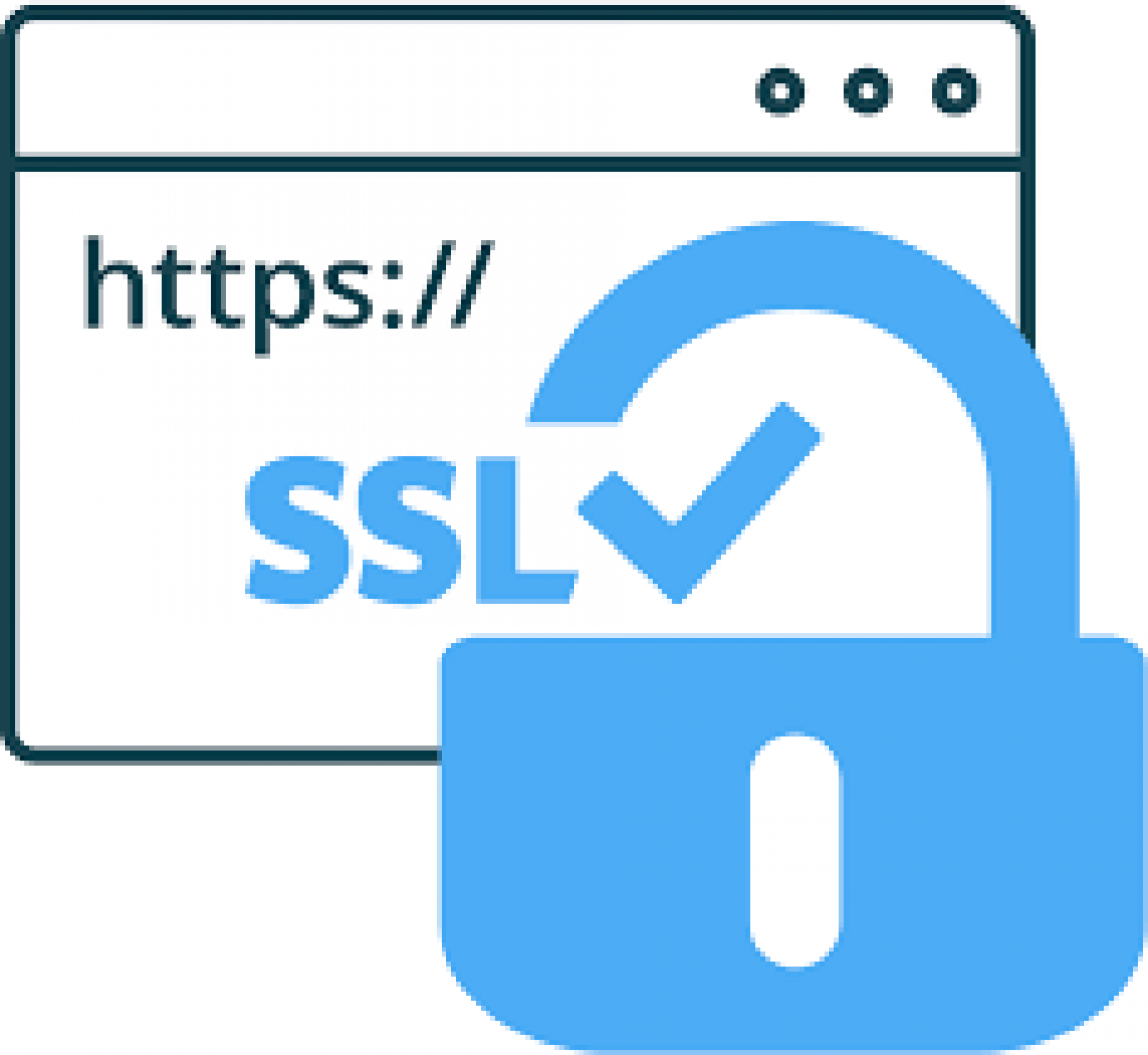Everything About the SSL Certificate
Feltöltés dátuma:
Nowadays, it costs almost nothing to create a new website that people from all over the world can access. If we manage our site skillfully, our platform, our products, writings, services, photos, and videos will be viewed by many people every day. At the same time, however, so-called cybercrime has also arisen, so we need an SSL certificate.
What is an SSL certificate?
An SSL certificate is a tool that we can use to secure our website, which nowadays is no longer a simple need but a requirement. Through the Secure Sockets Layer (SSL) a secure, encrypted channel is created between the client and the server. Holders of this certificate see the information sent or received at two endpoints and there is no way for a third party to access passwords or other data.
An SSL certificate is important primarily to keep our website secure and not to have to worry about anyone stealing our data. However, this is not the only benefit, as it allows us to convey to readers that safety is important to us, and it will inspire confidence in them. In addition, there is more willingness for shopping on a secure website and Google’s search engine is driving SSL-certified pages forward as well. We know that someone has such a certificate that the address of the page in the browser does not simply start with HTTP but with HTTPS.
There are several types of SSL certificates:
-
domain authentication certificate
The certificate already issued contains the domain name and the request for the issuance of the certificate, the applicant proves its disposition over the domain name.
-
organization authentication certificate
The applicant proves that your company is registered and legally accountable, this way it can pass the domain authentication. The certificate already issued contains the certificate and the name of the organization requesting the certificate.
-
extended authentication certificate
Only websites with extended authentication certificates have the name of the organization in the URL bar (green bar). A certificate that has already been issued contains the name of the organization and the domain with the extended certificate.
An SSL certificate can be purchased and the cost of authentication depends on several factors. By the way, the authentication itself takes place in a very short time, and the order itself takes a little longer before the authentication.
Overall, an SSL certificate is extremely useful, as it encrypts communication, increases trust, and thus increases conversion. In addition, it puts your website in a better position in Google search and protects you from online scams. If we want to certify our website, we can be sure that you can only benefit from it.
Sign up for our newsletter!
Sign up for our newsletter to be the first to know about our latest projects and technological innovations.
Predicting Trends and Demand: The Power of AI in Inventory Forecasting
Inventory management is a critical aspect of any business, influencing costs, customer satisfaction, and overall profitability. Traditionally, inventory forecasting relied on manual methods and historical data analysis, often resulting in inaccuracies and inefficiencies. However, with the advent of Artificial Intelligence (AI) and machine learning, businesses now have powerful tools at their disposal to predict trends and demand with unprecedented accuracy. In this article, we'll explore the transformative power of AI in inventory forecasting and how businesses can leverage these technologies to optimize their supply chain operations.
Navigating Regulatory Compliance and Legal Considerations with Utility NFTs
As utility Non-Fungible Tokens (NFTs) gain traction across various industries, it's crucial for developers, businesses, and users to navigate the legal landscape and ensure compliance with regulatory requirements. While utility NFTs offer innovative solutions for ownership, access control, and digital asset management, they also pose legal challenges related to intellectual property rights, securities regulations, data privacy, and consumer protection. In this article, we'll explore the key legal considerations and regulatory compliance issues associated with utility NFTs and provide guidance on how to navigate them effectively.

















